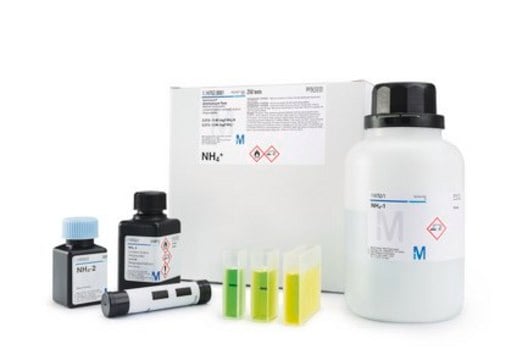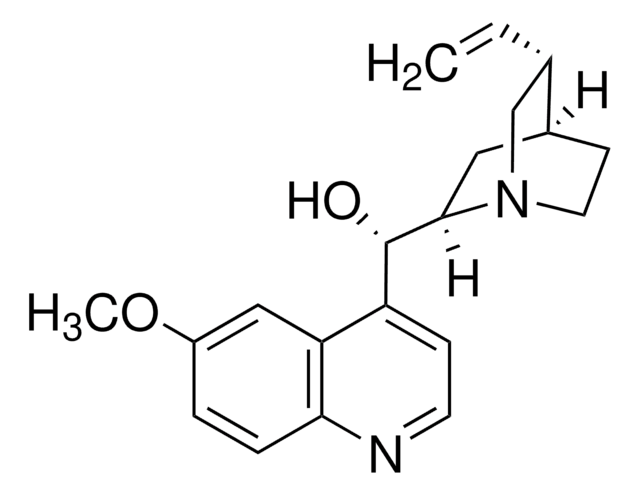MAS001
Malic Acid Quick Test Strips
Sufficient for 10 tests
Synonym(s):
Malate Quick Test Strips
About This Item
Recommended Products
input
food(s)
beverage(s)
application(s)
food and beverages
detection method
colorimetric
storage temp.
2-8°C
Related Categories
General description
Application
- Food and Beverage Testing
- Monitoring malolactic fermentation (MLF) in wine production
Features and Benefits
Quick Results: Sample treatment and assay can be completed in under 15 minutes, ensuring efficiency
User-Friendly Design: Convenient test strip design eliminates the requirement for a plate or cuvette reader
Suitability
Principle
Other Notes
Storage Class Code
10 - Combustible liquids
Regulatory Listings
Regulatory Listings are mainly provided for chemical products. Only limited information can be provided here for non-chemical products. No entry means none of the components are listed. It is the user’s obligation to ensure the safe and legal use of the product.
PDSCL
Please refer to KIT Component information
PRTR
Please refer to KIT Component information
FSL
Please refer to KIT Component information
ISHL Indicated Name
Please refer to KIT Component information
ISHL Notified Names
Please refer to KIT Component information
Cartagena Act
Please refer to KIT Component information
JAN Code
キットコンポーネントの情報を参照してください
Certificates of Analysis (COA)
Search for Certificates of Analysis (COA) by entering the products Lot/Batch Number. Lot and Batch Numbers can be found on a product’s label following the words ‘Lot’ or ‘Batch’.
Already Own This Product?
Find documentation for the products that you have recently purchased in the Document Library.
Our team of scientists has experience in all areas of research including Life Science, Material Science, Chemical Synthesis, Chromatography, Analytical and many others.
Contact Technical Service





